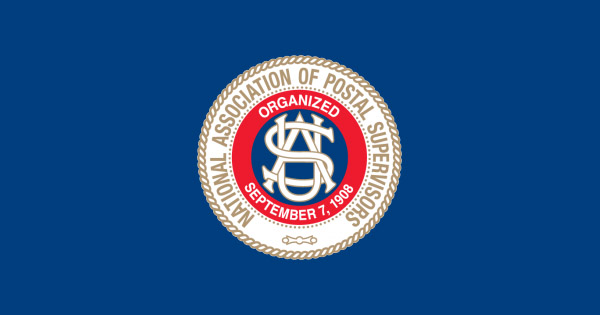Postal and Federal Reconciliation Provisions to Bypass Senate Committee of Jurisdiction and Go Straight to Senate Floor
Over the weekend, NAPS was alerted that the provisions of the reconciliation bill Senate Homeland Security and Governmental Affairs Committee Chairman Rand Paul (R-KY) released on June 12 will bypass his committee. Unlike the usual legislative procedure, the provisions are intended to be in the legislation that reaches the Senate floor without full committee consideration.
The provisions that may impact NAPS members and were summarized by NAPS in its June 13 website post will be considered by the Senate Parliamentarian to determine if the provisions are subject to a “point of order” under the “Byrd Rule.” The Senate’s Byrd Rule is intended to keep reconciliation bills focused on budgetary changes. In general, any reconciliation provision that does not produce a change in outlays or revenues, increases the deficit, or whose changes in outlays or revenues are “merely incidental” to the nonbudgetary components of the provision is subject to a point of order. The Senate Parliamentarian plans to review Chairman Paul's text for potential violations of the Rule. The review will take place this week.
Provisions that would impact NAPS members include: (1) A 5% increase in FERS contributions for newly hired or promoted federal employees and EAS-level postal employees who accept employment as "at-will" hires, or a 10% increase for those who choose merit-based civil service employment protections; (2) A $350 fee for filing a claim or appeal to the Merit Systems Protection Board, which will be refunded if the employee prevails; and (3) A requirement that the U.S. Postal Service auction-off its electric fleet and supporting infrastructure, with the proceeds deposited in the U.S. Treasury.
The bill also includes a provision that does not impact USPS employees, but will have implications for the Combined Federal Campaign and IRS 501(c)(3), (4) and (5) organizations, including federal employee unions and federal management associations, and charitable organizations. The provision would impose a 10% tax on receipts collected by those organizations though payroll withholding. The provision does not apply to USPS employees or NAPS because it references a section of law that specifically excludes USPS employees from the definition of "employee."
The bill does not include the elimination of the FERS Supplemental Annuity.
Regarding increased FERS contributions for newly hired and promoted EAS-level USPS employees, NAPS has alterted Senators that due to the "off-budget" status of the Postal Service, increasing FERS contributions for its employees would increase the federal deficit. In addditon, increased FERS contributions would hinder supervisor, manager and postmaster recruitment, impairing the Postal Service's operational capability.
The Senate intends to vote on the reconciliation bill the last week of June. If the bill passes, it will likely be returned to the House for a vote. NAPS will be sending via email a NAPS Legislative Advocacy Alert when the Senate Parliamentarian rules on the various provisions that may violate the “Byrd Rule,” including those impacting postal supervisors, managers and postmasters.
